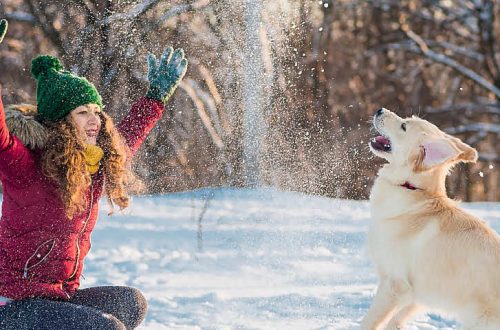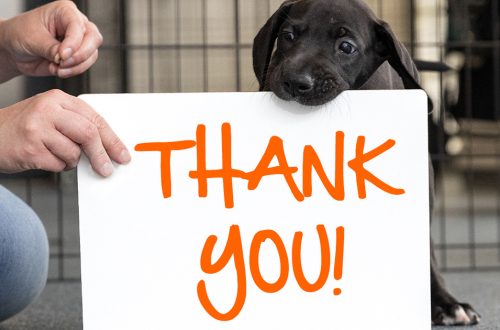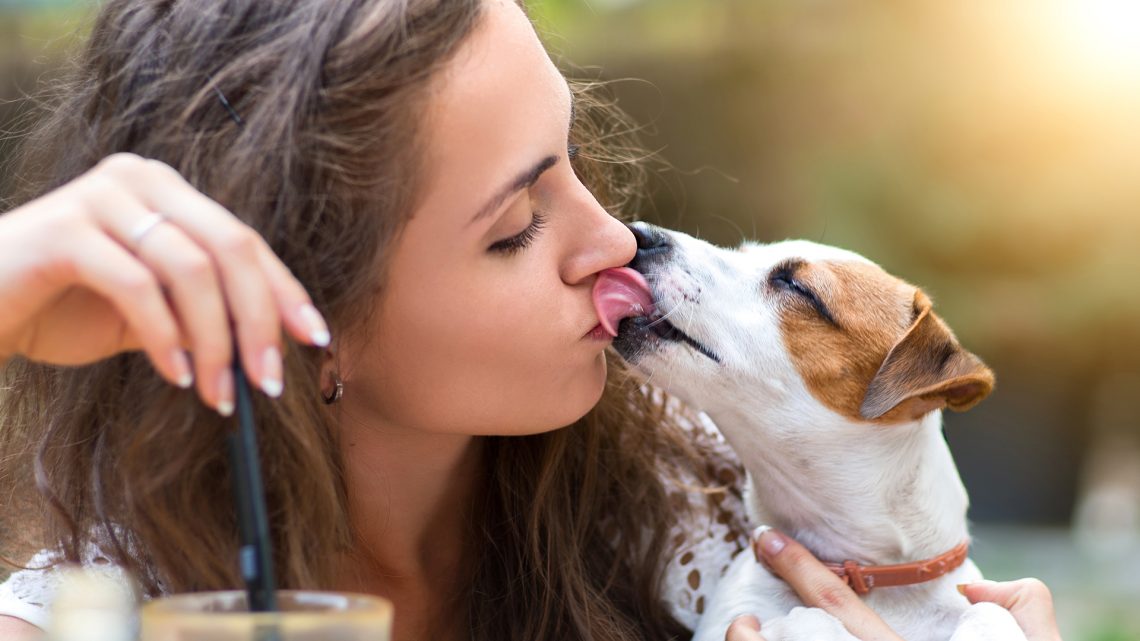
Should you kiss a dog?
Generous slobbery kisses are perhaps the best reward for dog owners. At least some of them think so. And for others, the prospect of being licked by a dog causes nothing but disgust. Whether you enjoy playing “kissing” with your pet or not, let’s see if it’s worth letting your dog lick you.
Contents
Why does a dog lick its owner?
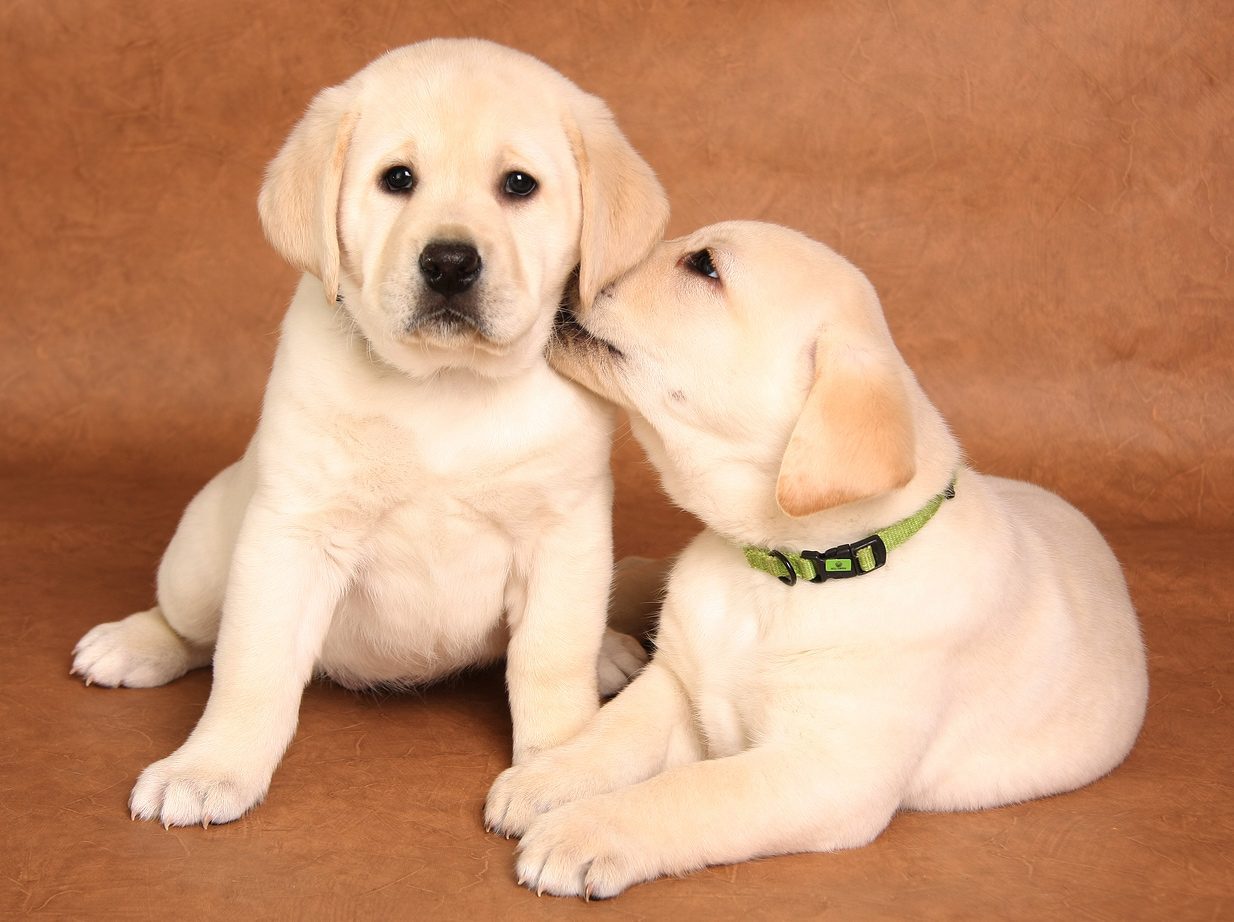 Dogs learn to lick at birth, according to Animal Planet. Immediately after birth, the mother licks the puppies to clear their airways and help them start breathing on their own, and the puppies learn to lick their mother. This instinct is retained in the dog throughout life. In the process of licking, they produce endorphins that give a feeling of happiness and help get rid of stress, so some animals aggressively lick the owner when they are worried. In a dog pack, licking serves as a sign of submission to the dominant members of the pack. However, when a dog licks a person, it usually shows affection, but sometimes your pet just likes your “taste”.
Dogs learn to lick at birth, according to Animal Planet. Immediately after birth, the mother licks the puppies to clear their airways and help them start breathing on their own, and the puppies learn to lick their mother. This instinct is retained in the dog throughout life. In the process of licking, they produce endorphins that give a feeling of happiness and help get rid of stress, so some animals aggressively lick the owner when they are worried. In a dog pack, licking serves as a sign of submission to the dominant members of the pack. However, when a dog licks a person, it usually shows affection, but sometimes your pet just likes your “taste”.
Are dog kisses safe?
The myth that a dog’s mouth is cleaner than a human’s mouth, and that its saliva has a healing effect, has been finally debunked. Considering the fact that they sometimes eat excrement and lick their own genitals, it can be said that in fact the dog’s mouth is the “kingdom” of microbes. However, although dangerous bacteria such as Salmonella and E. coli, as well as parasites such as Giardia and Cryptosporidium, are found in pet saliva, they are usually not present in large numbers to pose a threat to humans and there are extremely there is little evidence that these pathogens are transmitted through dog “kissing”.
When is dog “kissing” dangerous?
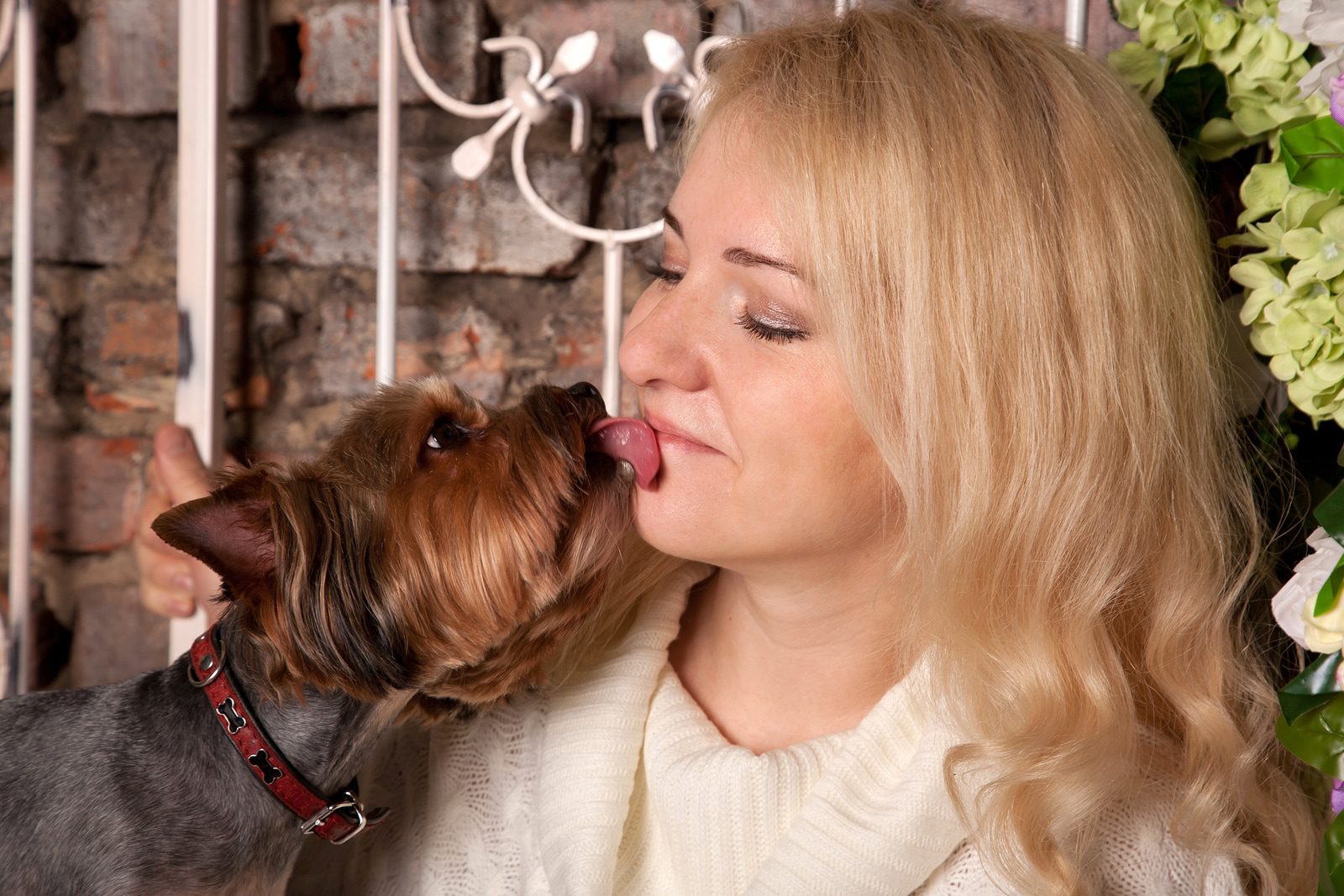 Although the risk of contracting diseases through contact with dog saliva is extremely low for most people, for some, pet saliva is very dangerous. Vetstreet warns that people in the following categories should avoid such close contact with a four-legged friend:
Although the risk of contracting diseases through contact with dog saliva is extremely low for most people, for some, pet saliva is very dangerous. Vetstreet warns that people in the following categories should avoid such close contact with a four-legged friend:
- Children.
- Pregnant women.
- Elderly people.
- People suffering from acne and other skin pathologies, open wounds and scratches on the face.
- People with nervous system damage, including those undergoing chemotherapy, those with AIDS, diabetes, or those who have just recovered from an illness.
Risk reduction
You can reduce your risk of contracting diseases through licking if you are a responsible owner. Regular veterinary check-ups, stool tests, deworming, and ectoparasite prophylaxis can greatly reduce the chance of infection from a pet. Proper disposal of dog feces and thorough handwashing greatly reduce the risk of spreading disease. In addition, it is important to carefully prepare food for the animal. Never give him raw foods that can be a source of bacterial infection, such as meat or pig ears, which dogs like to chew. First of all, choose a balanced food formulated specifically for your dog’s health condition. It is also necessary to brush your pet’s teeth regularly to maintain oral health and prevent bacterial growth.
Put an end to dog “kissing”
It may not be dangerous to let your pet lick your face and lips, but if you don’t want to risk it, it’s best to nip this behavior in the bud. Dog trainer Victoria Stillwell told Animal Planet that the best way to wean a dog from kissing is to get up and walk away, completely ignoring the unwanted behavior each time. Thus, the dog will be deprived of the reward that she received in response to the kiss, and gradually stop even trying to behave in this way.
If you enjoy exchanging kisses with your pet, you might want to only do it when your immune system is in good shape. And if the mere thought of being licked by your four-legged friend makes you run for antibacterial soap, then your attitude is also quite justified. So, whether or not to let a dog lick your face depends on your health and your willingness to take risks. After all, there are many other ways to show your pet your love, so don’t worry if kissing isn’t your way.



